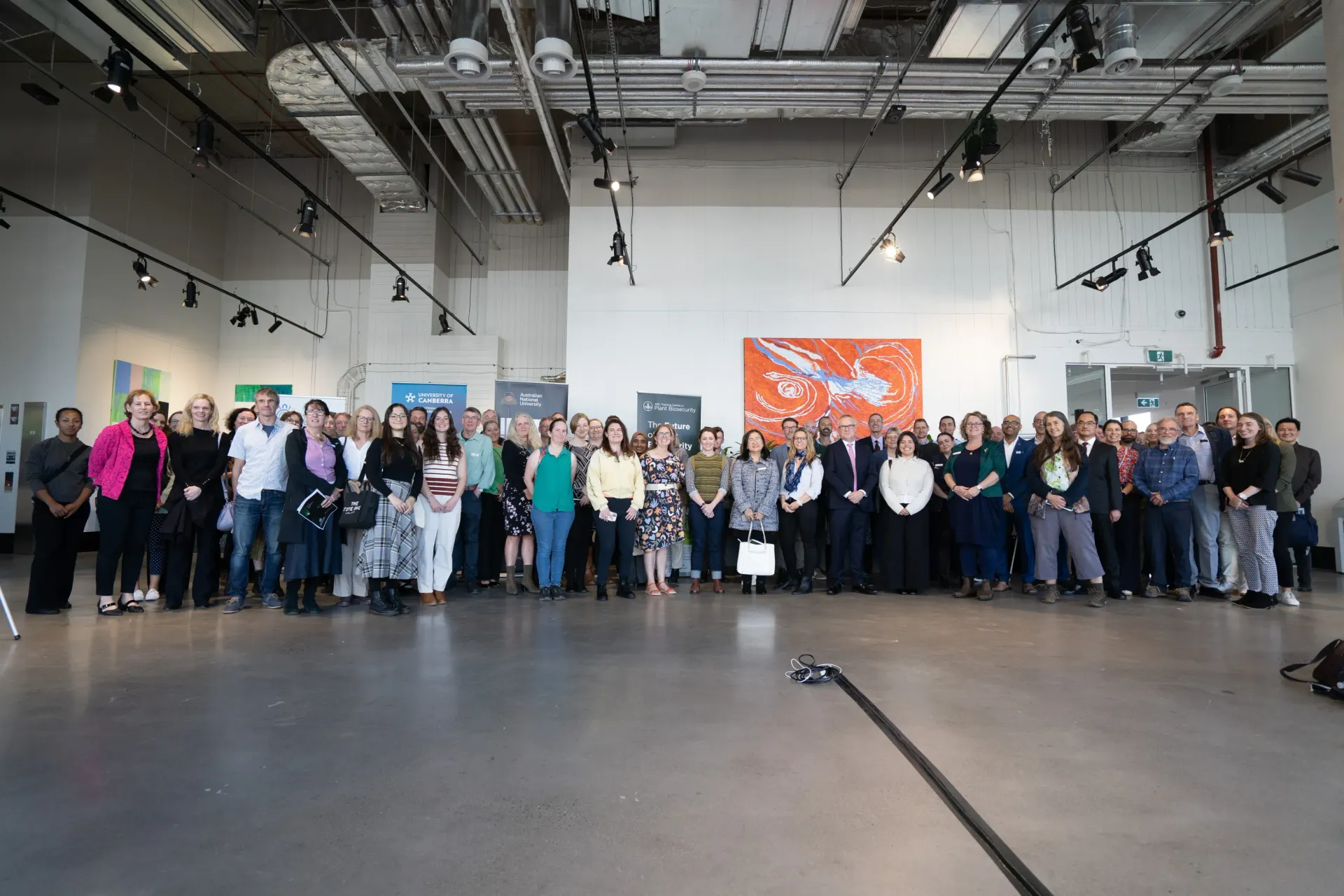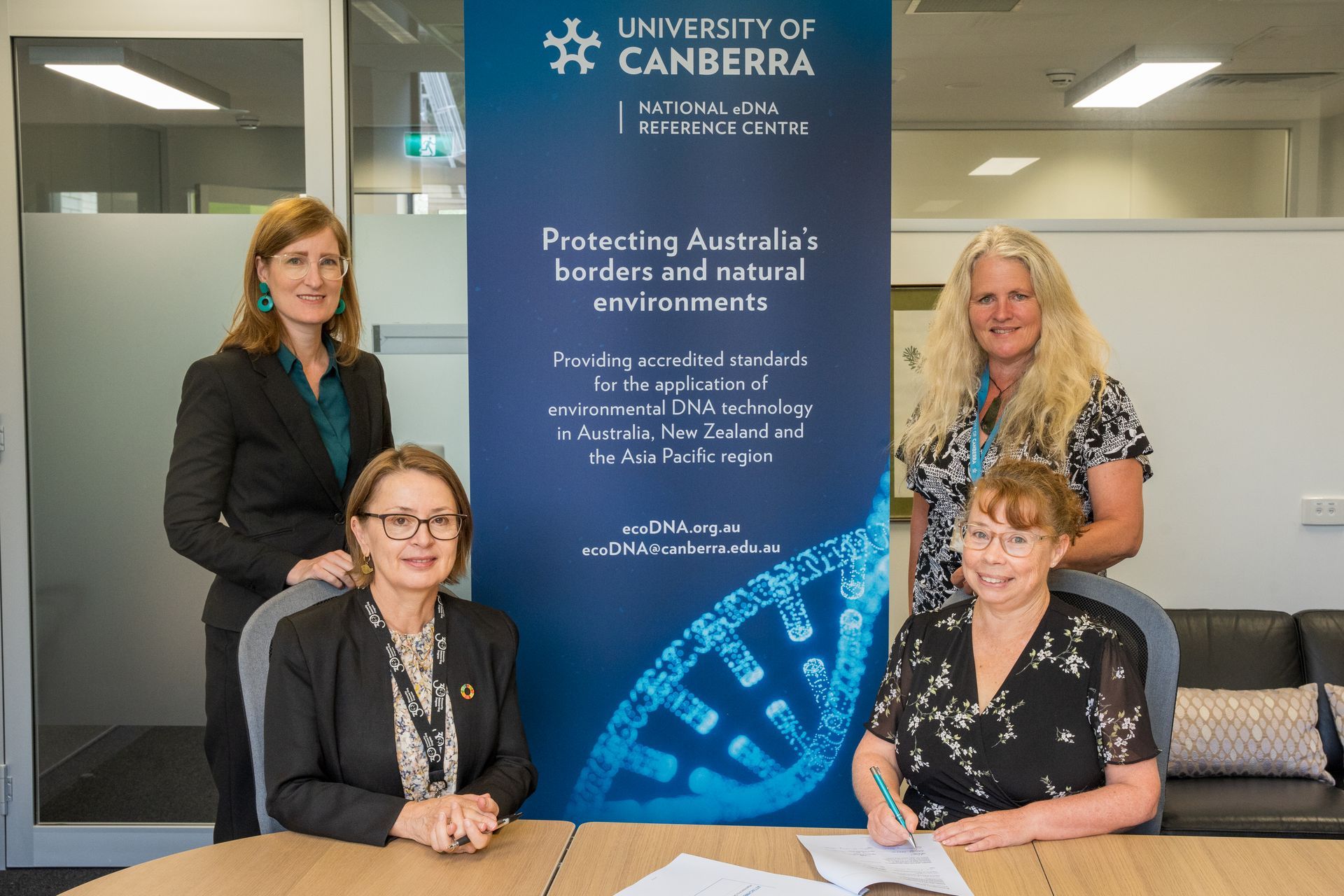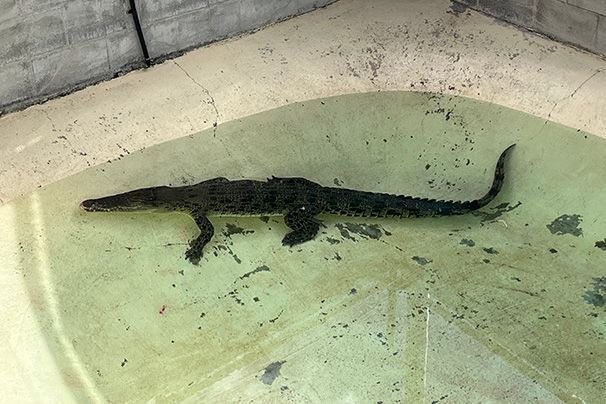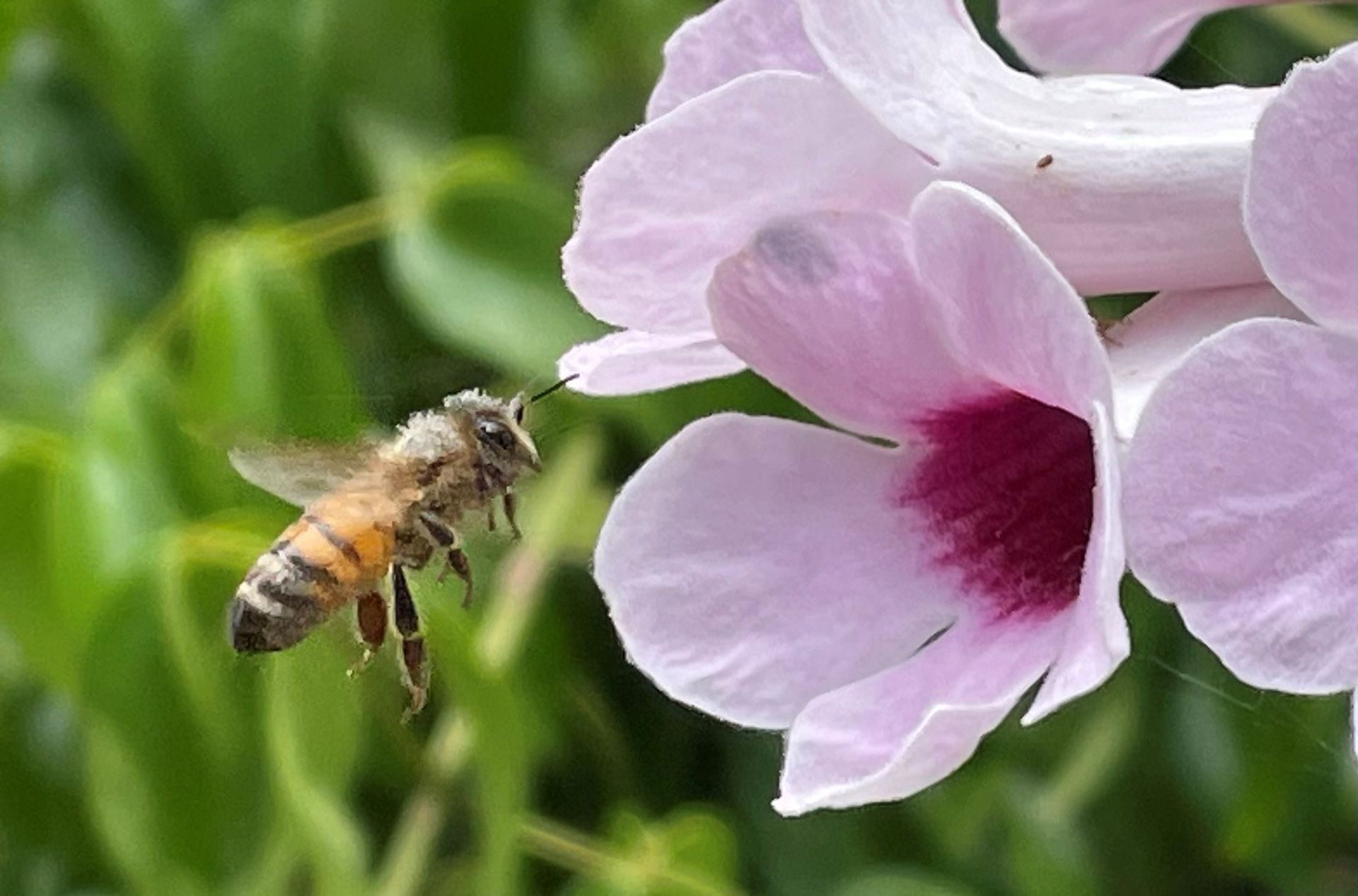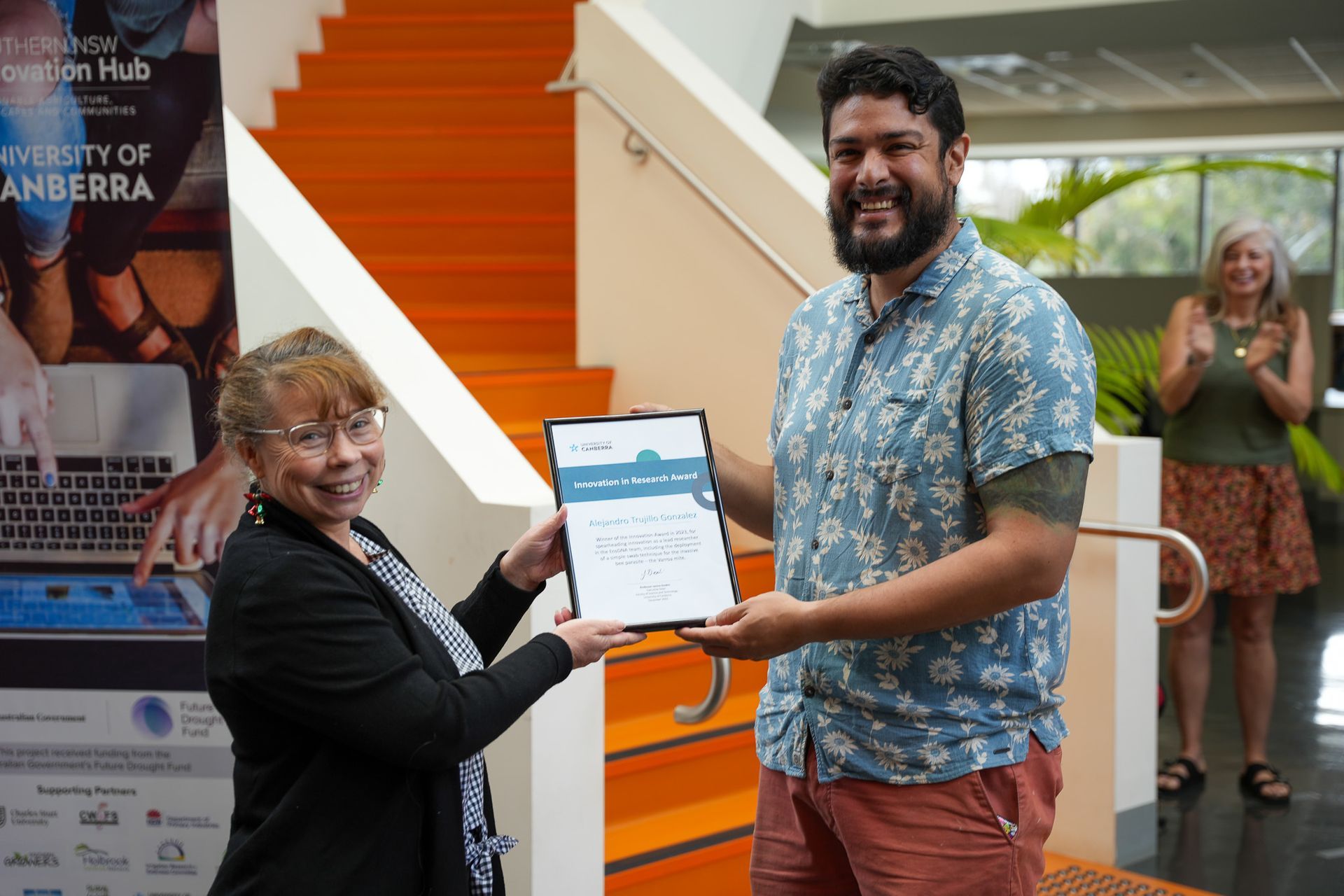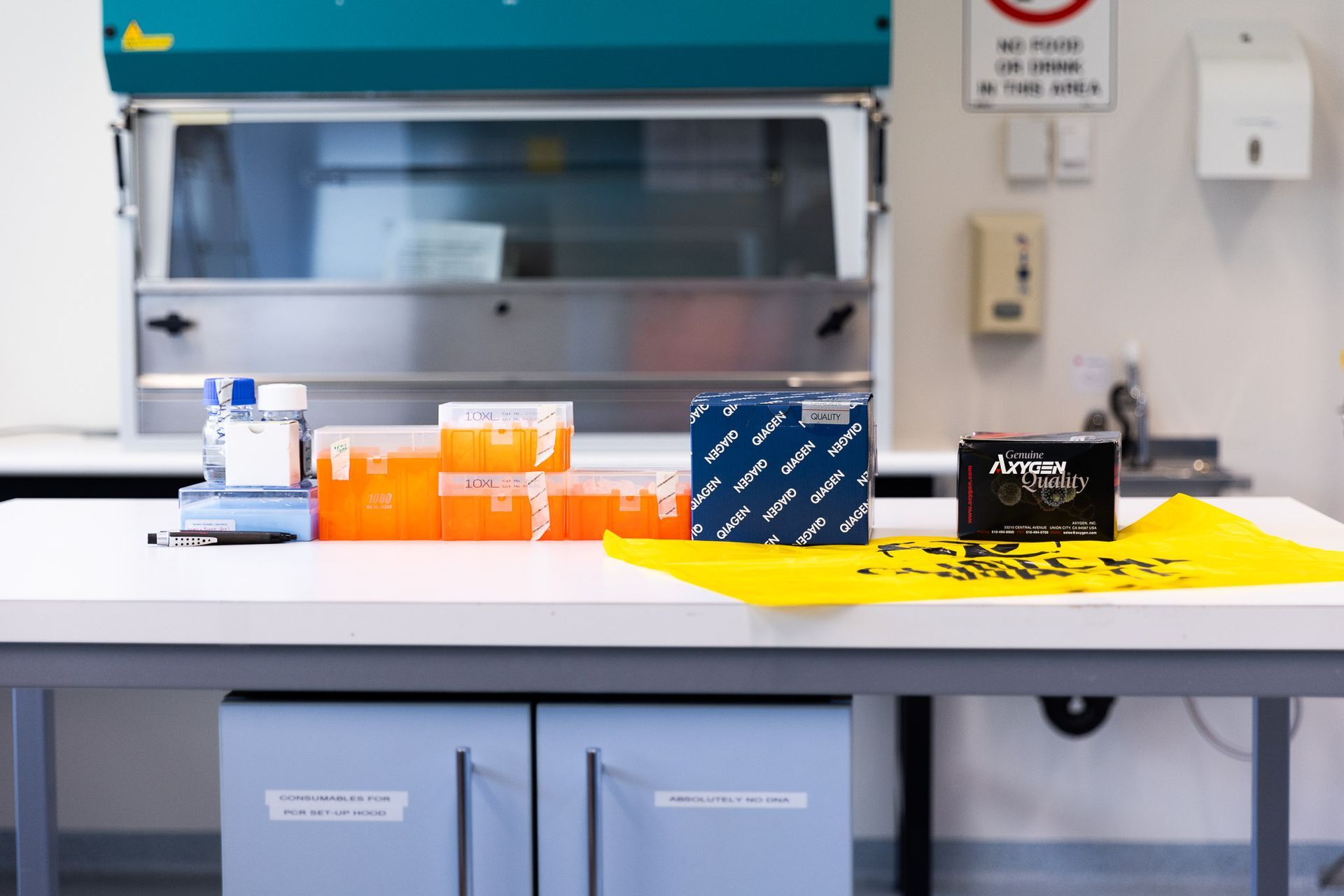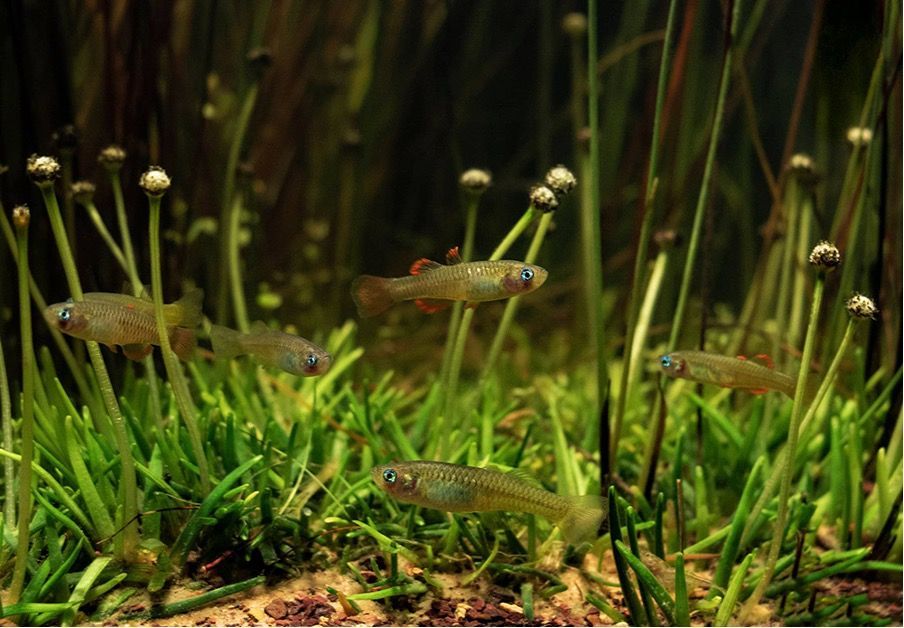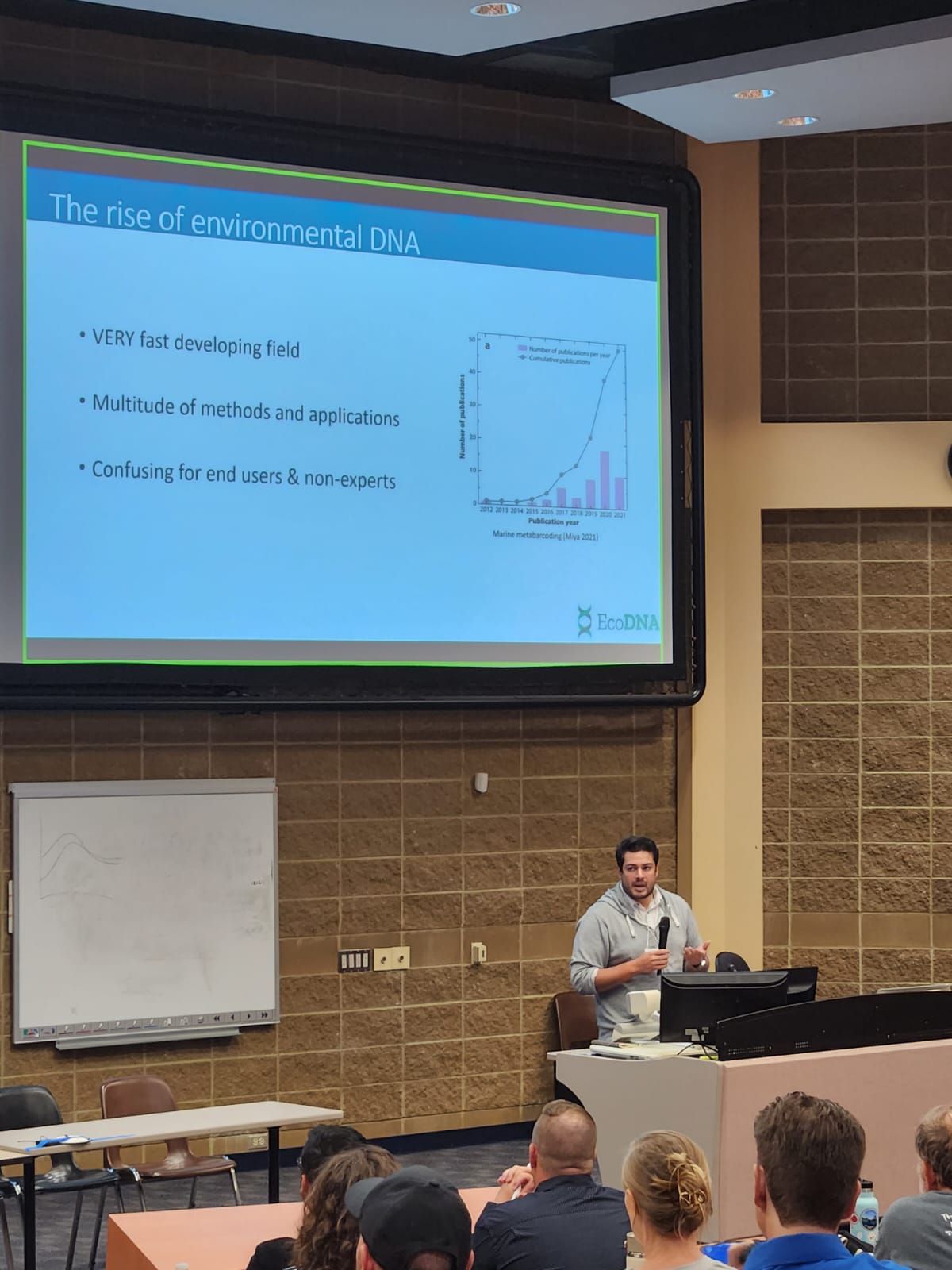Share this article
Professor Dianne Gleeson has been named Co-Director of the Australian Research Council (ARC) Training Centre in Plant Biosecurity, which will be led by Professor Peter Solomon of the Australian National University (ANU).
Made possible by an ARC funding boost of $5 million, the Training Centre will transform Australia’s biosecurity sector by upskilling an entire cohort of experts to boost pest and disease prevention, response and recovery capabilities on a national level.
“The National Biosecurity Strategy has identified the upskilling of the future workforce to deal with biosecurity issues as a key area that requires attention, in order to mitigate risk to the country,” said Professor Gleeson. “There is a huge skills gap that needs to be addressed, and the Training Centre will do exactly that.”
The Training Centre will commence in 2024 and will be led by ANU, in collaboration with the University of Canberra, James Cook University, and over 20 partners from industry and government.
“UC’s Faculty of Science and Technology was approached to be part of the Training Centre because of our eDNA capabilities – we host the eDNA National Reference Centre on campus, and are national leaders in the space,” Professor Gleeson said.
“Environmental DNA – or eDNA – technology is both cutting edge and being used increasingly in an operational capacity in Australia.”
Detection methods using eDNA have become more common for an increasing number of organisations across the world, which are concerned with both biosecurity and conservation as they are low-impact, cost-effective, accessible and portable, and provide almost instant results.
These methods target DNA shed by organisms – including skin and hair cells and faecal matter – which can be captured from environmental samples such as soil and water, and tested to detect the presence of certain species or the diversity of species within an environment. The EcoDNA research group have used eDNA to successfully detect the devastating khapra beetle, a foreign species that could cause billions of dollars’ worth of damage to Australia’s agricultural sector, from dust and dirt samples from shipping containers using eDNA techniques.
The Training Centre will provide research and Work Integrated Learning (WIL) opportunities for students and early career researchers from partner universities.
Professor Solomon said this research cohort would focus on three key areas: novel diagnostic technologies, data-driven decision platforms, and addressing barriers to biosecurity adoption.
"Our future leaders in plant biosecurity will need not only technical skills, but the skills to communicate, collaborate and engage with multiple stakeholders,” he said.
Professor Gleeson said that industry partners will bring a diverse array of questions, issues and projects to the research table, which Training Centre researchers will seek to address.
“This will be a very valuable opportunity for our students, some of whom will be embedded with our industry partners, while other research projects will be based right here at UC,” she said.
“I am very much looking forward to the collaborations with fellow researchers, industry and government that will grow from the work at the Training Centre – this will be about the legacy we leave behind.”

